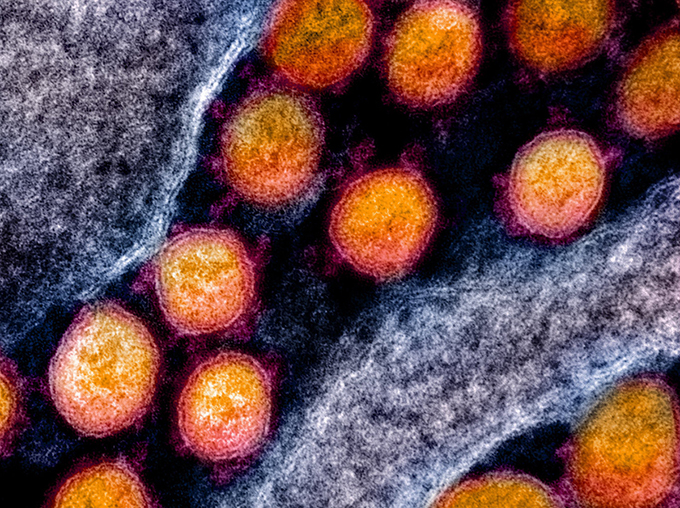
ANALYSIS: By Dr Colin Tukuitonga
As Covid-19 coronavirus continues to cause considerable concern globally, we must remind ourselves that New Zealand has a good response plan based on previous outbreak experiences and remains a low-risk environment.
However, in addition to protecting residents here at home, New Zealand has obligations to citizens living in realm nations, namely the Cook Islands, Niue and Tokelau. It is encouraging that some assistance has been provided to realm nations.
These obligations extend to other Pacific counties that are closely affiliated and have traditionally received financial and technical support from New Zealand, for example Samoa, Tonga, Fiji and Vanuatu.
READ MORE: NZ must ‘properly screen’ passengers in Pacific
What all these nations have in common are serious resource constraints and fragile health systems. Most Pacific nations do not have the capacity and capability to provide intensive care services for those who may develop severe forms of Covid-19.
Many of the health systems are underfunded and facilities are old and outdated. There are chronic shortages of essential medications and the workforce suffers from trained staff leaving for developed nations such as New Zealand and Australia.
Rural areas and outer islands are often without trained health care workers for long periods. Most of the population live in rural areas and access to health care is challenging.
Families are naturally concerned about Covid-19 given the recent experience with measles in Samoa.
Prevention strategy priority
An effective prevention and containment strategy must be a priority.
Keeping this disease contained and away from the islands must be a priority in New Zealand and in any other country that serves as a gateway to these vulnerable nations.
For example, New Zealand is a common transit point for those travelling to the islands. This presents opportunities to screen travellers from high-risk areas and restrict their travel to reduce the likelihood of Covid-19 spread in small communities. The reduction in the number of flights to the islands makes this option feasible.
New Zealand could also consider providing ongoing professional health education and building resources like health centres or hospitals on the small islands where clinical skills are often most seriously lacking
Closer to home, given the uncertainty regarding the future spread of the virus, it is advisable to adopt and maintain effective measures as advised to prevent wide transmission of the virus in New Zealand.
Pacific communities are among groups most at risk from Covid-19 here in New Zealand because, for instance, there is a higher prevalence of diabetes as a co-morbidity, which means the virus would be co-occurring with another health issue. Also, these communities often have poorer access to health care.
Targeted information on how to protect individuals and their families in selected Pacific languages should be offered and consideration given to limiting mass gatherings including churches and community events.
The pandemic is likely to get worse before it gets better.
The natural history of Covid-19 is not fully understood yet although it appears to be highly infective with a case-fatality rate of about 2 percent. The case fatality rate could be lower as we are missing information on the true extent of the infection in the community.
It is also unclear the extent to which people carrying the virus are asymptomatic and whether those who have recovered continue to transmit the virus.
Misinformation, media sensationalism
There is considerable misinformation about the infection in the community and the news media is compounding the problem with sensational and unfounded headlines. It is not unusual for communities to react in unexpected ways whenever there is a public threat that is new or unfamiliar, and individuals often react in extreme ways even though actual risk from the threat is low.
But what we do know for certain is, in the case of Covid-19, infection can spread rapidly. And what we can also say for certain is that, if Covid-19 does spread in the Pacific Islands – at the time of writing there had already been one suspected case in Tonga while four people were in isolation in Fiji (but have since been cleared) – the actual risk to those communities will be high.
Keeping this disease contained and away from the islands must be a priority in New Zealand and in any other country that serves as a gateway to these vulnerable nations.
Dr Colin Tukuitonga is the inaugural Associate Dean Pacific at the University of Auckland Faculty of Medical and Health Sciences. This article was originally published by Newsroom here and has been republished by the Pacific Media Centre with the author’s permission.











































